Governor DeSantis has focused on addressing Florida’s nursing shortage through programs like PIPELINE and LINE, which increase enrollment and graduate rates in nursing schools. These initiatives aim to meet the growing demand for nurses in the state.
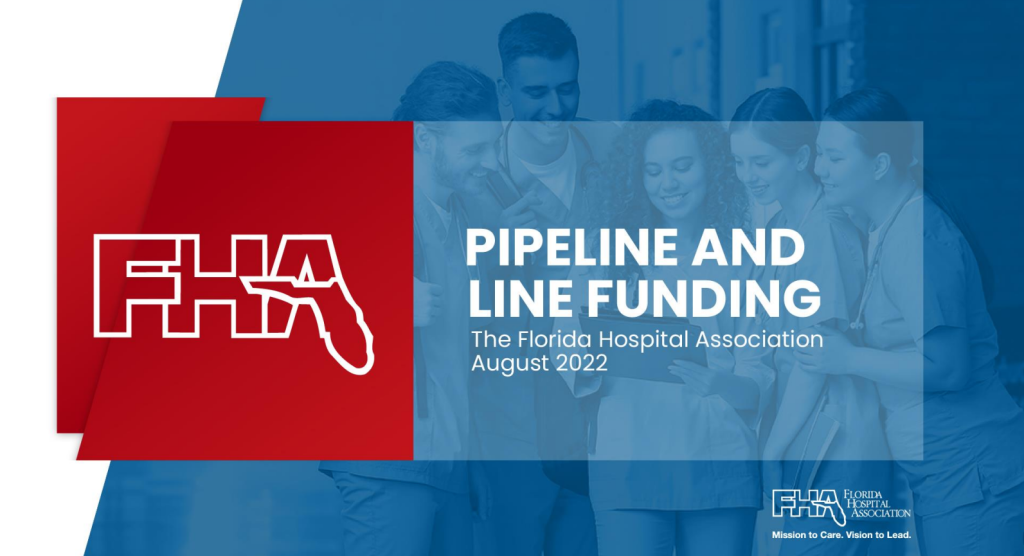
The PIPELINE and LINE programs have helped nursing schools expand their capacity, with PIPELINE focusing on rewarding high-performing institutions and LINE fostering public-private partnerships. These programs ensure that more nurses are trained and ready to enter the workforce.
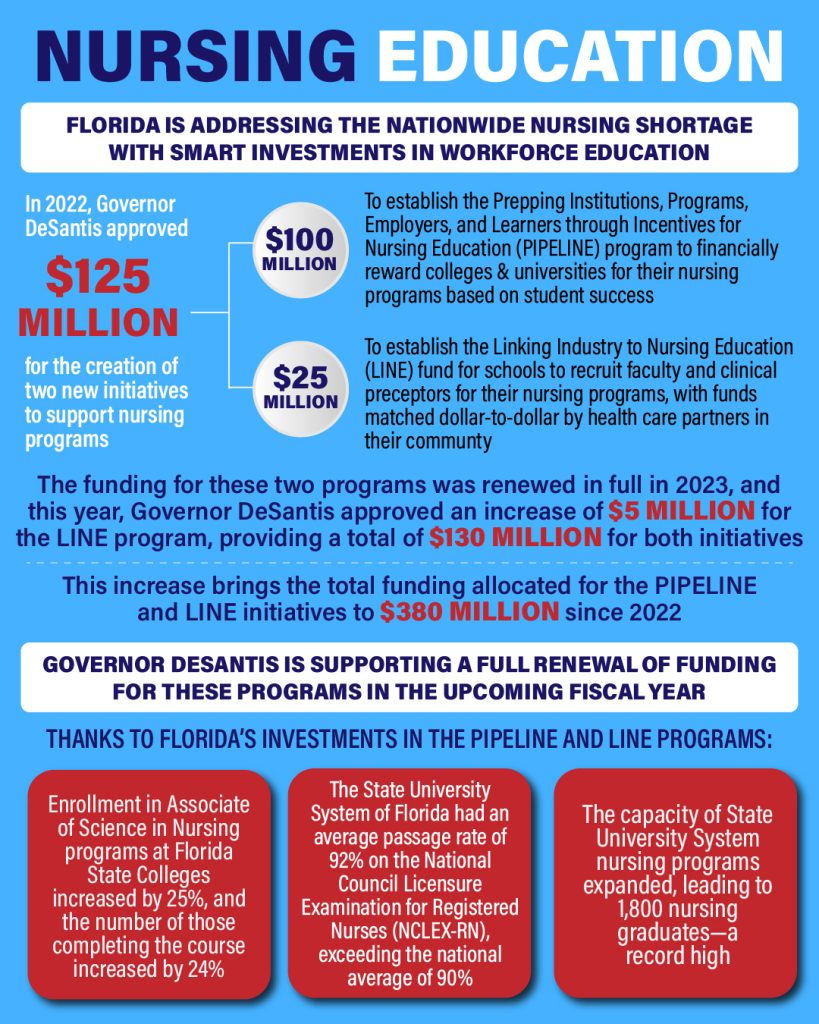
Since 2022, Florida has invested $380 million in nursing education to alleviate the nursing shortage. This includes $130 million allocated in 2024 to further boost nursing program capacity.
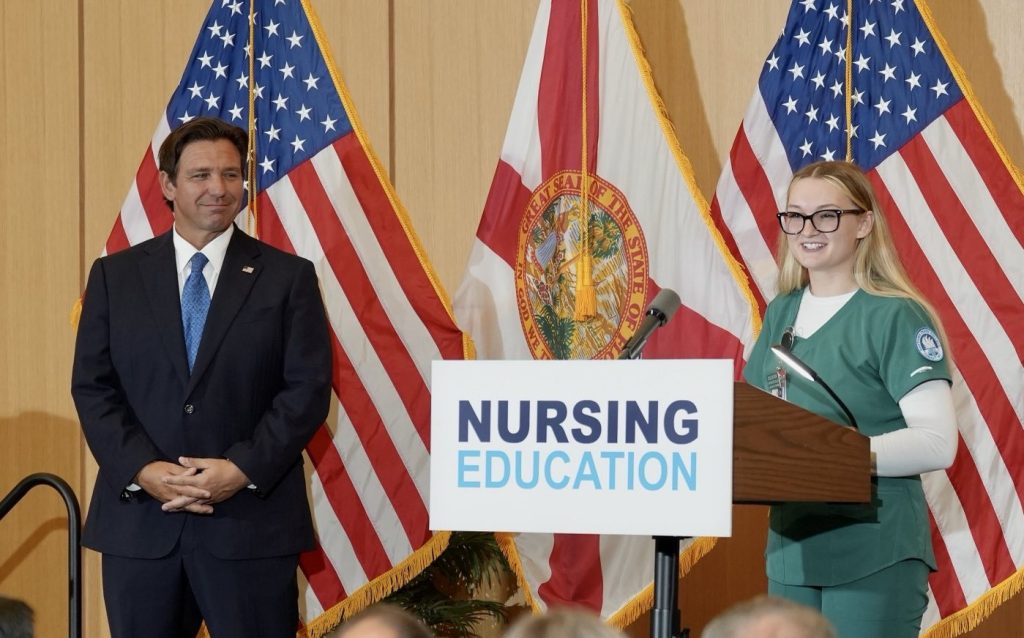
Daytona State College has received over $9 million in support since 2022, enabling the institution to increase enrollment and improve its nursing program infrastructure. The college is one of the beneficiaries of the state’s nursing initiatives.
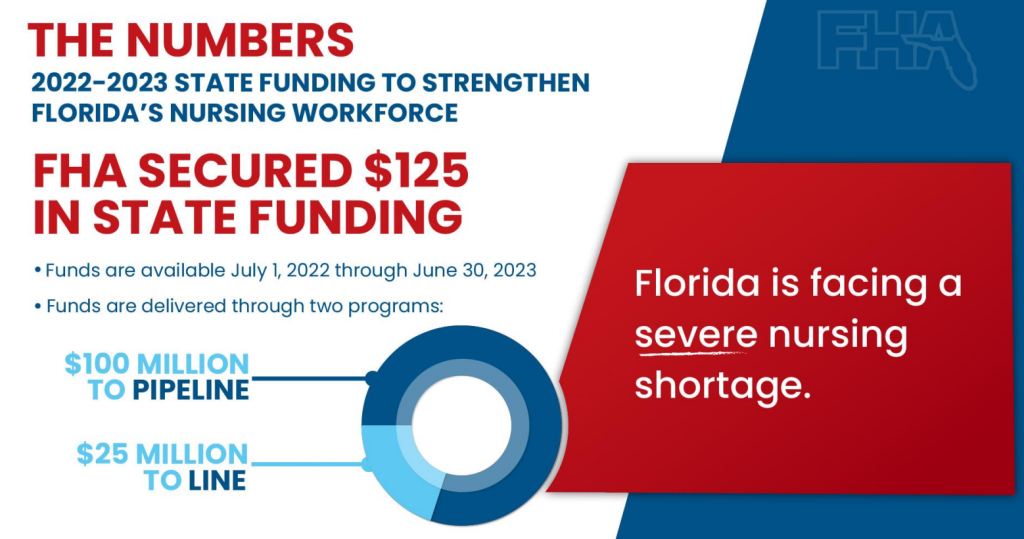
Thanks to these programs, Florida’s nursing school enrollment has increased by 25%, and graduation rates have risen by 24% since 2021. This has been a significant step toward reducing the shortage, though challenges remain.
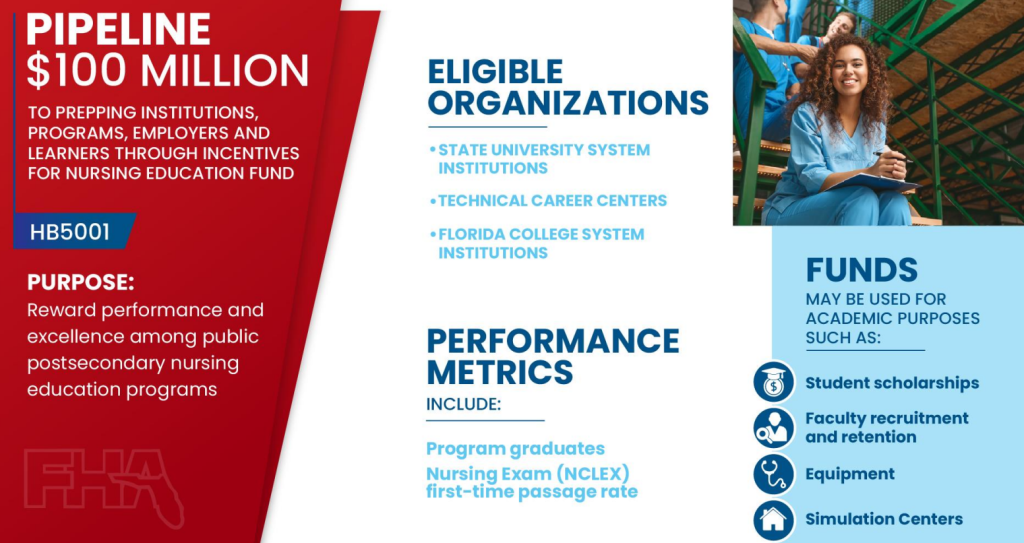
Despite increased nursing graduates, the profession continues to struggle with high levels of fatigue and burnout. Heavy workloads, long hours, and insufficient mental health support contribute to ongoing workforce challenges, even as more nurses are trained.
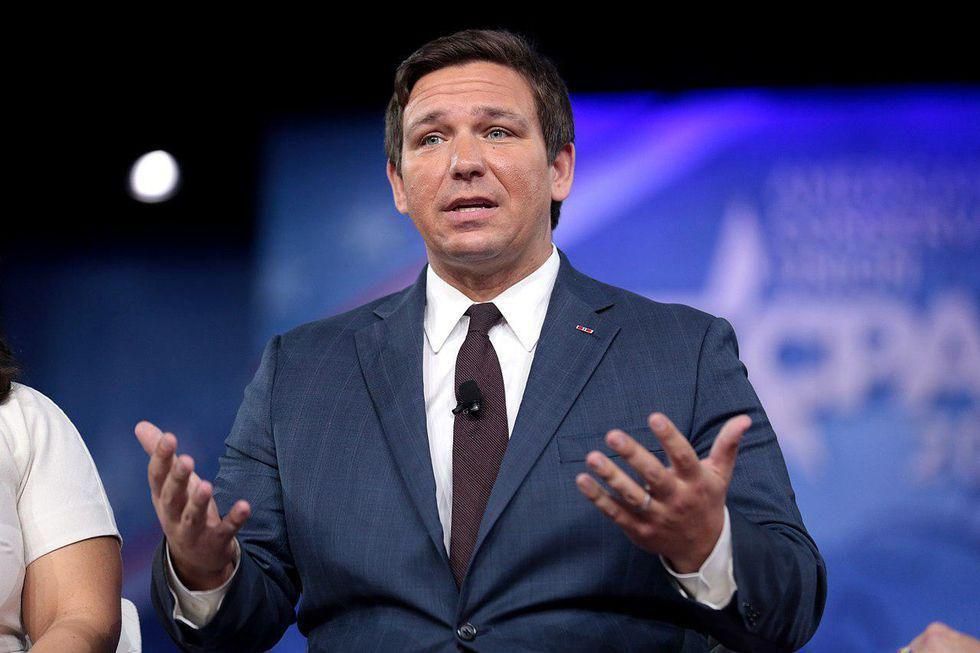
Governor DeSantis’ push for job-focused education may prioritize producing more nurses quickly, but it may fail to address critical issues like nurse burnout. Critics argue that the fast-tracking of training programs overlooks emotional and mental support for nurses in a high-stress field.

DeSantis’ broader efforts to remove “woke” ideologies from education could limit discussions on social determinants of health and equity in nursing curricula. This omission may leave new nurses unprepared for the diverse challenges they will face, increasing the risk of burnout.

Although programs like PIPELINE and LINE are successfully growing the workforce, long-term success depends on addressing systemic issues like nurse fatigue. Simply increasing the number of nurses may not be enough if they leave the profession due to burnout.

Florida’s nursing initiatives are a strong response to the shortage, but addressing nurse fatigue and burnout is essential for long-term sustainability. Without systemic solutions to support nurse well-being, the state risks continued turnover despite increased graduation rates.





